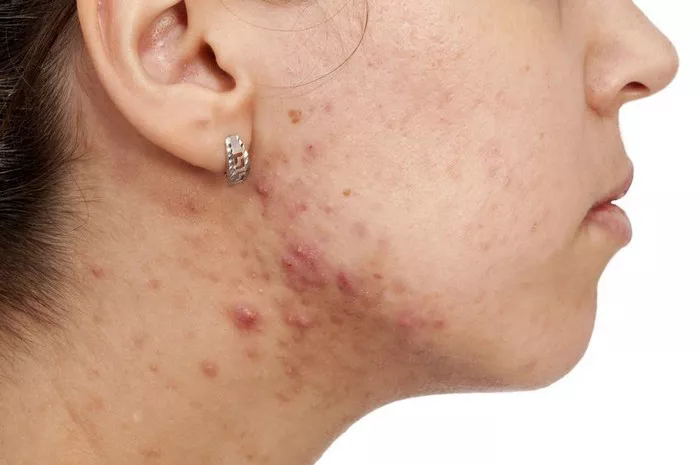Eczema, known for appearing in unexpected and inconvenient places, often targets high-contact areas of the body—most notably, the hands. While many associate eczema with dandruff on the scalp or perioral dermatitis around the lips, hand eczema remains one of the most disruptive forms due to the constant use of our hands in daily life. This makes managing hand eczema particularly challenging, as the affected area is not one that can be easily hidden or rested.
Hand eczema, also referred to as hand dermatitis, manifests through redness, blistering, cracking, flaking, and itching on the palms and fingers. According to board-certified dermatologist Dr. Hadley King, these symptoms are similar to those experienced on other parts of the body but are localized to the hands. What makes this condition especially frustrating is the frequency with which we rely on our hands—typing on a keyboard, performing household chores, or engaging in manual labor—all of which can aggravate an already inflamed skin condition.
Flare-ups of hand eczema are primarily caused by frequent exposure to irritants. Hands come into contact with a myriad of substances every day, many of which can provoke or worsen eczema. Even routine hygiene practices, such as hand-washing, can be problematic. Dr. King notes that water is inherently drying to the skin and that detergents and alcohol-based hand sanitizers can further exacerbate the issue. She emphasizes that the frequency of hand-washing contributes to why eczema is so common in this area.
Some individuals may wonder why they suffer from cracked, dry hands while others do not, despite similar habits. Josie Holes, an esthetician at SKINNEY Medspa in New York City, explains that genetics play a key role in determining susceptibility. Those with a genetic predisposition are more likely to develop eczema, which is then exacerbated by environmental triggers and contact with allergens or irritants.
Although there is no cure for eczema, several measures can significantly relieve symptoms and help prevent flare-ups. One essential step is being selective with soaps and sanitizers. While hand hygiene is non-negotiable, it’s important to minimize exposure to harsh ingredients. Dr. King recommends using hand sanitizers that are buffered with hydrating components like glycerin or aloe vera, and hand soaps that avoid strong surfactants and instead contain calming ingredients such as colloidal oatmeal or plant butters.
Following every hand wash with a good hand cream is another simple but effective practice. Dr. Whitney Bowe, a board-certified dermatologist, underscores the importance of immediate moisturization. She advises carrying a hand moisturizer at all times and applying it within moments of washing or sanitizing. This timing is critical to lock in moisture and prevent further skin barrier damage caused by evaporating water.
Moisturizing consistently is perhaps the most important long-term strategy for managing hand eczema. Hydration strengthens the skin barrier, which is typically compromised in individuals with eczema. Dr. King explains that ideal moisturizers include humectants like hyaluronic acid and glycerin to attract water, emollients such as squalene and ceramides to improve skin texture and repair, and occlusives like beeswax or lanolin to seal in moisture and block water loss. For deeper hydration, applying a thick moisturizer and wearing white cotton gloves overnight can work wonders.
Protecting the hands during physical work is another crucial preventive measure. Wearing gloves shields the skin from potential irritants such as cleaning chemicals, hot water, and abrasive materials. This is especially important for professionals in high-risk occupations, such as hairdressers, cleaners, caterers, and mechanics, who frequently handle substances that can aggravate eczema. Holes notes that these workers are more prone to developing hand eczema due to the repeated exposure.
Despite all precautions, flare-ups can still occur. Double-board-certified dermatologist Dr. Latanya Benjamin points out that even with consistent moisturizing, dietary adjustments, and allergen avoidance, eczema may not always be entirely controllable. Flare-ups may happen due to external factors such as viral infections or skin inflammation. Dr. Benjamin encourages patients to manage expectations, recognizing that occasional flare-ups are part of the condition’s nature.
Hand eczema, while persistent and often painful, can be managed effectively with the right habits and protective measures. Understanding the triggers, using gentle and nourishing products, maintaining a diligent moisturizing routine, and protecting the hands from irritants can all contribute to reducing flare-ups and improving quality of life for those affected.
Related Topics

























